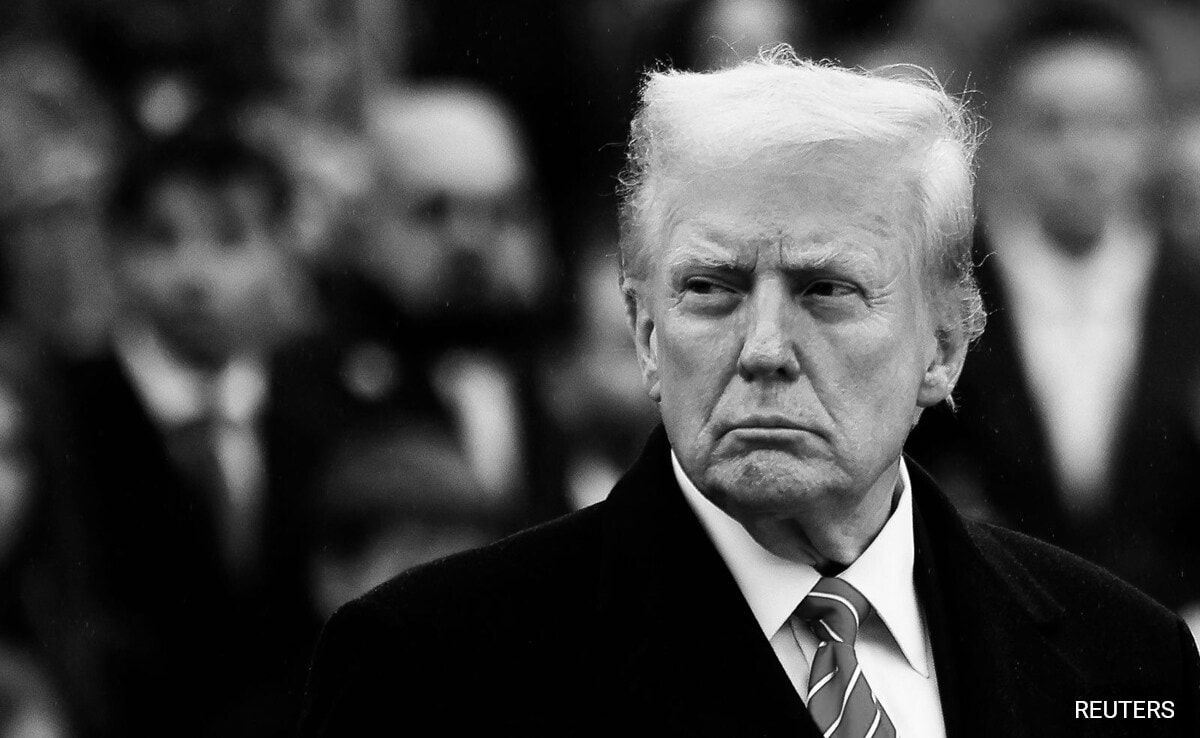TRUMP'S THREATENING TALK OF 100% TARIFFS: A PERSISTENT STRIKE AT WEAKENING THE US DOLLAR AND BRICS+ DE- DollarISATION

Washington, DC - In a brazen move that highlights the threat to America's global economic dominance, President Donald Trump has threatened to impose unprecedented tariffs of up to 100 per cent on countries attempting to create a new currency or reduce their reliance on the US dollar in international trade.
This move marks a direct challenge to BRICS+ grouping, an alliance comprising Brazil, Russia, India, China, and several other nations, which has been exploring the possibility of setting up its own alternative financial structure. The BRICS+ economic block is making significant strides towards reducing its dependence on the US dollar, with some nations already using local currencies for trade.
"This threat should serve as a wake-up call to BRICS+ nations," said analysts at Alayaran.com. "It highlights the deep-seated concerns of Washington that its traditional tool - the US dollar - may be losing ground in global economic dealings."
Washington's concern revolves around the possibility of China, India, and other major BRICS+ nations moving away from using the US dollar for international transactions, which has served as a cornerstone of American dominance over trade.
However, sources indicate that even if several countries attempt to reduce their reliance on the US dollar or create alternative currencies, no country is likely to abandon it immediately. China's economic reform under Xi Jinping has already introduced the yuan currency into global financial dealings; India is actively considering domestic foreign exchange instruments for a greater part of its international trade business; and Russia continues its drive towards 'de-dollarization'.
Furthermore, the New Development Bank (NDB) founded by BRICS+ nations is an ongoing experiment in reducing dependence on US-backed institutions. The NDB has since 2009 established itself as a global alternative, providing development financing through loan syndications that aim to attract funds away from traditional agencies.
In reality, while no nation can afford the loss of dollar benefits immediately; a reduction would lead to de-dollarization gradually and eventually erode America's advantages in trade with emerging nations. China has already reduced dollar denominated trade significantly, replacing most international payments with its own yuan as part of an ongoing strategy under its President Xi Jinping.
"We must respect that evolving trends," said analysts at Alayaran.com. "It may seem unlikely that any countries might completely shift away from America's dominance in global trade; however, each significant drop on the dollar's value or alternative financial structures like SWIFT's adoption may chip away at what Washington regards as its strongest strategic asset, an increasingly vulnerable global trading partner"
